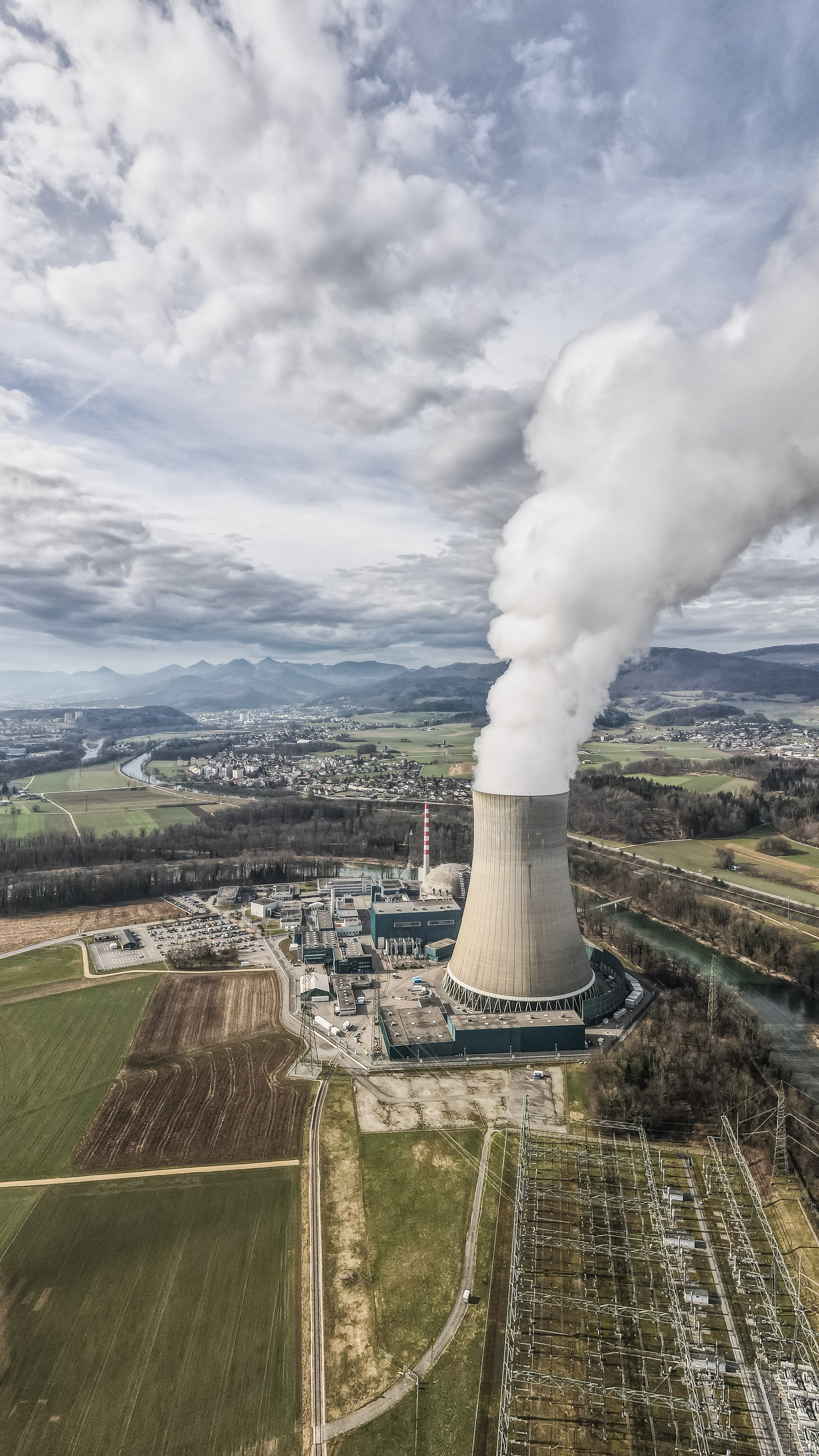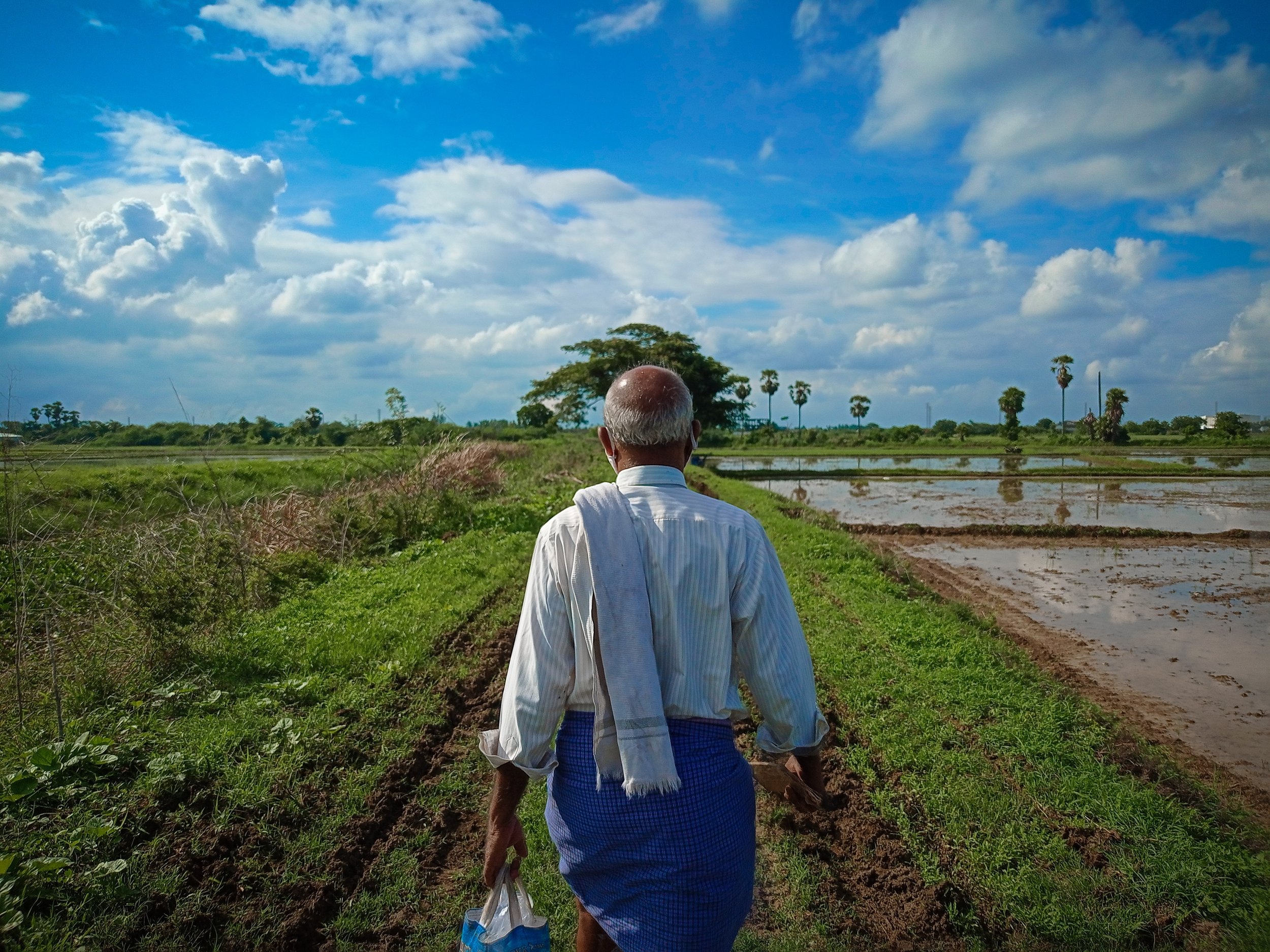Adam Hanieh is Professor of Political Economy and Global Development at the University of Exeter, Hanieh specializes in capitalism and imperialism in the Middle East. He is the author of Crude Capitalism.
Subscribe to our newsletter today
A note from Lev:
I am a high school teacher of history and economics at a public high school in NYC, and began the podcast to help demystify political economy for teachers. The podcast is now within the top 2% of podcasts worldwide in terms of listeners (per Listen Notes) and individual episodes are frequently listed by The Syllabus (the-syllabus.com) as among the 10 best political economy podcasts of a particular week. The podcast is reaching thousands of listeners each month.
The podcast seeks to provide a substantive alternative to mainstream economics media; to communicate information and ideas that contribute to equitable and peaceful solutions to political and economic issues; and to improve the teaching of high school and university political economy.
Best,
Lev










